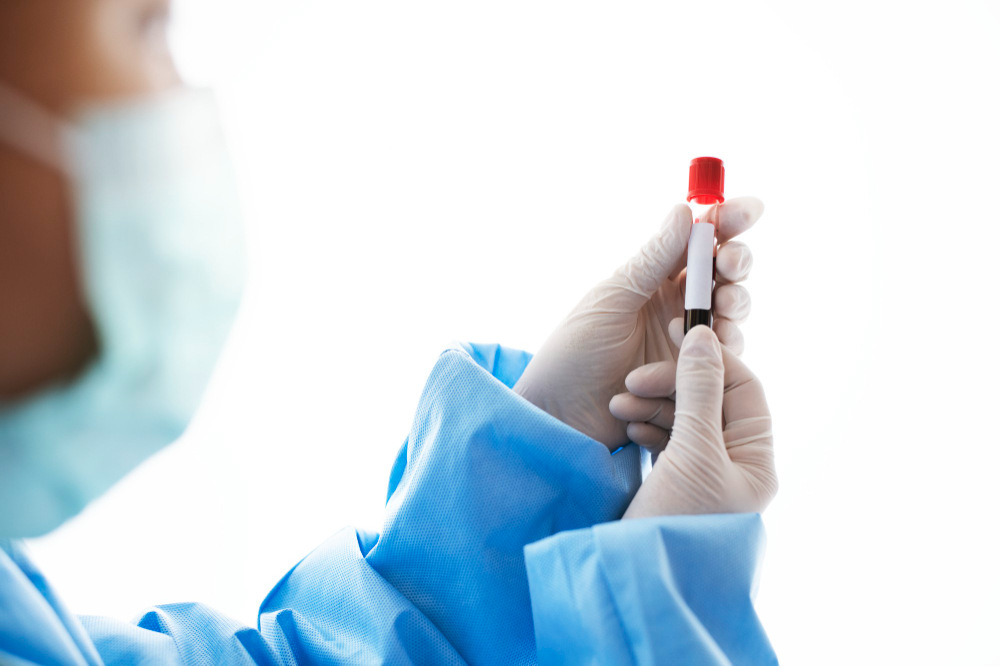What Are Menopausal Tests?
Menopausal tests help check if a woman is entering menopause. Menopause is when periods stop for good, usually around age 45 to 55. These tests measure hormone levels in your blood. Because hormone changes can cause symptoms, menopausal tests can help explain what is happening in your body. Many women want to know more about menopausal tests, their significance, and how to test for menopause.
Why Are Menopausal Tests Important?
Menopausal tests are important for several reasons. First, they help confirm if symptoms like hot flashes or missed periods are due to menopause. Also, understanding menopause diagnosis can rule out other health problems. For example, thyroid issues can cause similar symptoms. Early testing can help you plan for your health and well-being. In addition, knowing your hormone levels can guide treatment choices.
Common Types of Menopausal Tests
Doctors use different tests to check for menopause. Here are the most common ones:FSH (Follicle-Stimulating Hormone): High levels often mean menopause is near or has started.LH (Luteinizing Hormone): This hormone also rises during menopause.Estradiol: This is a type of estrogen. Levels drop as menopause begins.TSH (Thyroid-Stimulating Hormone): Sometimes, doctors check this to rule out thyroid problems, which can mimic menopause symptoms.
Each test gives clues about your hormone balance. Together, they help your doctor understand your stage of menopause.
How Are Menopausal Tests Performed?
Most menopausal tests are simple blood tests. First, a nurse or technician takes a small blood sample from your arm. Next, the sample goes to a lab for analysis. Usually, you do not need to fast before these tests. However, your doctor will tell you if any special steps are needed. The process is quick and safe. Results are often ready within a few days.
What Do the Results Mean?
Test results can show if you are in menopause or still in the transition phase, called perimenopause. For example, high FSH and low estradiol levels suggest menopause. But, hormone levels can change from day to day. Therefore, doctors may repeat tests or use your symptoms to help make a diagnosis. If results are unclear, your doctor may suggest more tests or follow-up visits.
When Should You Consider Menopausal Testing?
You may want to consider menopausal testing if you notice changes such as:Irregular or missed periodsHot flashes or night sweatsMood swings or trouble sleepingVaginal dryness or discomfort
Additionally, if you are under 40 and have these symptoms, testing is important. Early menopause can affect bone and heart health. Always talk to your doctor if you have concerns about your symptoms.
Lifestyle Guidance and Next Steps After Testing
After testing, your doctor will explain what the results mean. If you are in menopause, you can take steps to stay healthy. For example, you can:Eat a balanced diet rich in calcium and vitamin DExercise regularly to keep bones strongGet enough sleep and manage stressAvoid smoking and limit alcohol
Sometimes, your doctor may suggest hormone therapy or other treatments. Each woman’s needs are different. Therefore, it is important to follow your doctor’s advice.
Prevention and Early Detection Tips
While you cannot prevent menopause, you can prepare for it. Here are some tips:See your doctor for regular check-upsTrack your periods and symptomsDiscuss family history of early menopauseAsk about bone health and heart risk
Early detection helps you manage symptoms and protect your health. In addition, it allows you to make informed choices about your care.
Conclusion: Take Charge of Your Health
Menopausal tests play a key role in understanding menopause diagnosis and planning for your future. If you have symptoms or questions, do not wait. Consult a healthcare specialist for personalized advice on menopausal tests and your health.


